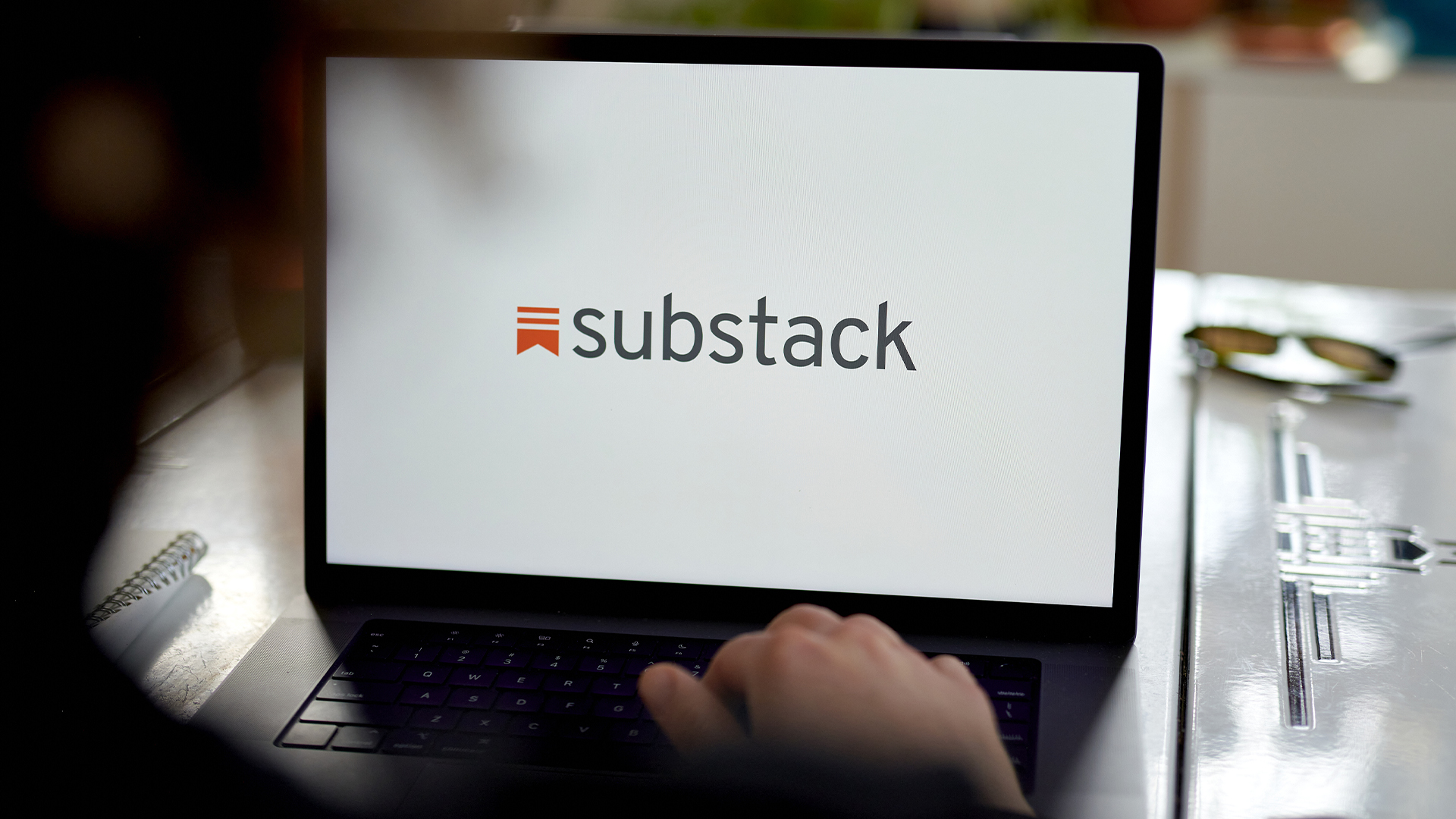Google warns executives are being targeted for extortion with leaked Oracle data
Extortion emails being sent to executives at large organisations appear to show evidence of a breach involving Oracle's E-Business Suite


Sign up today and you will receive a free copy of our Future Focus 2025 report - the leading guidance on AI, cybersecurity and other IT challenges as per 700+ senior executives
You are now subscribed
Your newsletter sign-up was successful
Google has warned that hackers are attempting to extort executives at a variety of companies after stealing data from Oracle apps.
The flood of extortion emails are being sent to executives at large organisations, as well as their IT departments, and appear to be showing evidence of a breach involving Oracle's E-Business Suite. Oracle has yet to reply to a request for comment.
The extortion emails began arriving on or before 29 September, according to Google, which said in a statement that attackers were sending extortion emails to "executives at numerous organizations claiming to have stolen sensitive data from their Oracle E-Business Suite."
30% off Keeper Security's Business Starter and Business plans
Keeper Security is trusted and valued by thousands of businesses and millions of employees. Why not join them and protect your most important assets while taking advantage of this special offer?
Security firm Halcyon told Bloomberg it had seen demands for "seven- and eight-figure ransoms" over the last few days – and even one for $50 million.
Another Cl0p attack?
Google said the attackers are potentially from FIN11, a group affiliated with Cl0p, a ransomware gang believed to be responsible for a wide range of attacks, including banks and utilities – and behind the MOVEit File Transfer supply chain attack that also saw victims contacted with extortion demands.
"We are currently observing a high-volume email campaign being launched from hundreds of compromised accounts and our initial analysis confirms that at least one of these accounts has been previously associated with activity from FIN11, a long-running financially motivated threat group known for deploying ransomware and engaging in extortion," said Charles Carmakal, CTO of Mandiant – Google Cloud, according to a report on BleepingComputer.
"The malicious emails contain contact information, and we've verified that the two specific contact addresses provided are also publicly listed on the Clop data leak site," Carmarkal reportedly added to CyberScoop.
Sign up today and you will receive a free copy of our Future Focus 2025 report - the leading guidance on AI, cybersecurity and other IT challenges as per 700+ senior executives
However, in a statement to Reuters, Google stressed that it "does not currently have sufficient evidence to definitively assess the veracity of these claims."
Austin Larsen, an analyst at Google Threat Intelligence Group (GTIG), said on social media that his organization was tracking the "high-volume extortion campaign" and the actor was claiming Cl0p affiliation, but added "we cannot yet substantiate the actor's data breach claims."
Breach details remain unclear
It remains unclear how the hackers obtained access, with GTIG saying it wasn't yet possible to say which specific malware was used.
"The primary indicators of this new campaign are the extortion emails themselves and the use of email addresses associated with the Clop data leak site," Genevieve Stark, head of cybercrime and information operations intelligence analysis at GTIG reportedly said. "At this time, we do not have evidence of a successful data breach or a specific malware family associated with this particular campaign."
Halcyon added that it appears the criminals accessed Oracle E-Business Suite by compromising user email accounts and making use of the password reset functions to access the software.
Oracle E-Business Suite is used to manage everything from financial data to human resources, supply chains and customer relationships – if compromised, a wide range of information could have been breached. Back in 2018, the US government warned about vulnerabilities in Oracle software, with severe flaws found in Oracle's E-Business Suite in 2019.
Any companies that receive the extortion emails should investigate their systems for signs of access, Google noted.
Make sure to follow ITPro on Google News to keep tabs on all our latest news, analysis, and reviews.
MORE FROM ITPRO
Freelance journalist Nicole Kobie first started writing for ITPro in 2007, with bylines in New Scientist, Wired, PC Pro and many more.
Nicole the author of a book about the history of technology, The Long History of the Future.
-
 AWS CEO Matt Garman isn’t convinced AI spells the end of the software industry
AWS CEO Matt Garman isn’t convinced AI spells the end of the software industryNews Software stocks have taken a beating in recent weeks, but AWS CEO Matt Garman has joined Nvidia's Jensen Huang and Databricks CEO Ali Ghodsi in pouring cold water on the AI-fueled hysteria.
-
 Deepfake business risks are growing
Deepfake business risks are growingIn-depth As the risk of being targeted by deepfakes increases, what should businesses be looking out for?
-
 Security experts warn Substack users to brace for phishing attacks after breach
Security experts warn Substack users to brace for phishing attacks after breachNews Substack CEO Christ Best confirmed the incident occurred in October 2025
-
 Everything we know so far about the Nike data breach
Everything we know so far about the Nike data breachNews Hackers behind the WorldLeaks ransomware group claim to have accessed sensitive corporate data
-
 LastPass hit with ICO fine after 2022 data breach exposed 1.6 million users – here’s how the incident unfolded
LastPass hit with ICO fine after 2022 data breach exposed 1.6 million users – here’s how the incident unfoldedNews The impact of the LastPass breach was felt by customers as late as December 2024
-
 OpenAI hailed for ‘swift move’ in terminating Mixpanel ties after data breach hits developers
OpenAI hailed for ‘swift move’ in terminating Mixpanel ties after data breach hits developersNews The Mixpanel breach prompted OpenAI to launch a review into its broader supplier ecosystem
-
 Teens arrested over nursery chain Kido hack
Teens arrested over nursery chain Kido hacknews The ransom attack caused widespread shock when the hackers published children's personal data
-
 Red Hat reveals unauthorized access to a GitLab instance where internal data was copied
Red Hat reveals unauthorized access to a GitLab instance where internal data was copiedNews Crimson Collective has claimed the attack, saying it has accessed more than 28,000 Red Hat repositories
-
 Harrods rejects contact with hackers, after 430,000 customer records stolen from third-party provider
Harrods rejects contact with hackers, after 430,000 customer records stolen from third-party providerNews The luxury department store has denied any link to a failed attack on its systems in May
-
 Kido nursery hackers threaten to release more details – along with the personal data of 100 employees
Kido nursery hackers threaten to release more details – along with the personal data of 100 employeesNews The attack is the first to be claimed by the new threat group 'Radiant'

